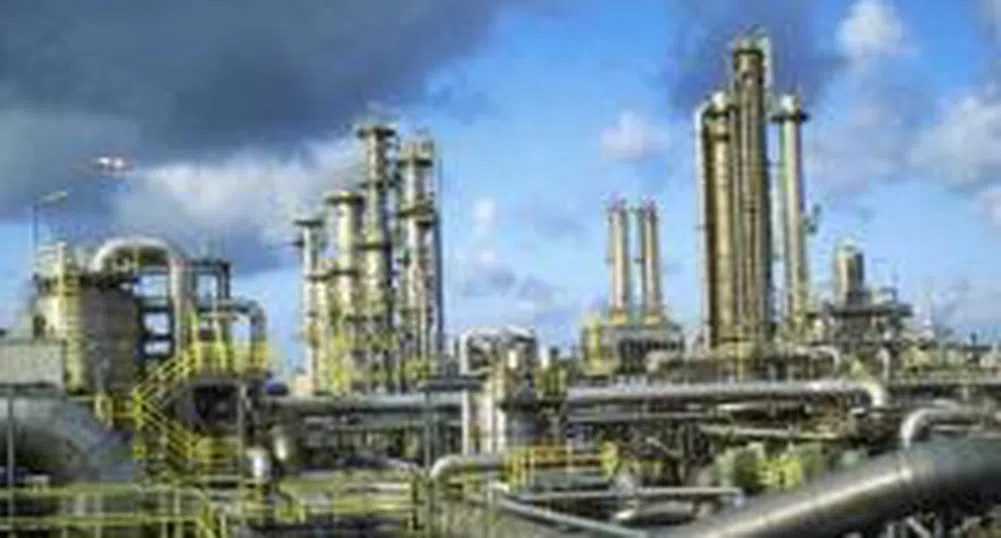Gazprom: We bring investments to Serbia

Gazprom's experience, expertise and raw materials will support the development of NIS, Aleksandr Medvedev says.
Medvedev, who is the Russian oil and gas giant's deputy CEO and head of its export branch, wrote an opinion piece for Belgrade's Politika newspaper, to support his company's controversial bid to acquire the majority stake in Serbia's oil monopoly, NIS, b92 reported.
"The fact is that we have a long history of cooperation with Serbia. But we also see space to make that cooperation closer in the future, where everyone wins: Gazprom shareholders, but also Serbia and the rest of Europe," Medvedev wrote.
Gazprom initially offered EUR 400mn and unconfirmed construction of a part of its South Stream pipeline through Serbia, for 51 percent of NIS.
Medvedev says that while the decision on whether or not to build in Serbia has not been made, "obviously the possibility to build a gas pipeline through the Serbian territory could bring huge progress to the Serbian economy."
But one of the most vocal critics of the possible deal, Economy Minister Mlađan Dinkić, who at the end of last year revealed the details of the Russian offer to the media, says that the minimal price that ought to be set for the majority stake in NIS is at EUR 2bn.
"It would be in Serbia's best interest to sell the NIS majority stake in a tender, in auction, with TV cameras on, where Russian, and all other interested strategic partners are welcome to participate," Dinkić, who has resigned from the government working group dealing with the issue, told Beta news agency Sunday.
He stressed that while Serbia does need a good inter-state natural gas arrangement with Russia, the price of NIS should be set based on the market criteria, not in a direct deal.
"There is no need for Serbia to sell its national oil company in exchange for a gas arrangement with Russia. No other country has done that," Dinkić said, and added that a tender privatization could reach a price "five to eight times" higher than what Gazprom has offered.
The government has in late December adopted a platform on energy sector cooperation with Russia, while the sale of NIS will be subject of negotiations, officials said.
The European Union this week voiced its concern over the procedure, and called on Serbia to make the sale of its oil monopoly "transparent".
)
&format=webp)
&format=webp)
&format=webp)
&format=webp)
&format=webp)
&format=webp)
&format=webp)